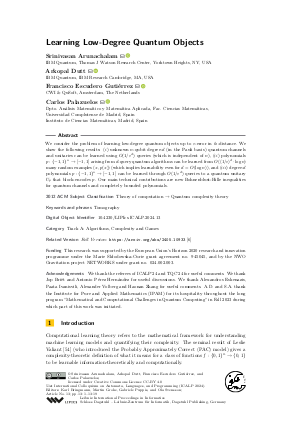LIPIcs.ICALP.2024.13.pdf
- Filesize: 0.84 MB
- 19 pages

 Creative Commons Attribution 4.0 International license
Creative Commons Attribution 4.0 International license




































Feedback for Dagstuhl Publishing